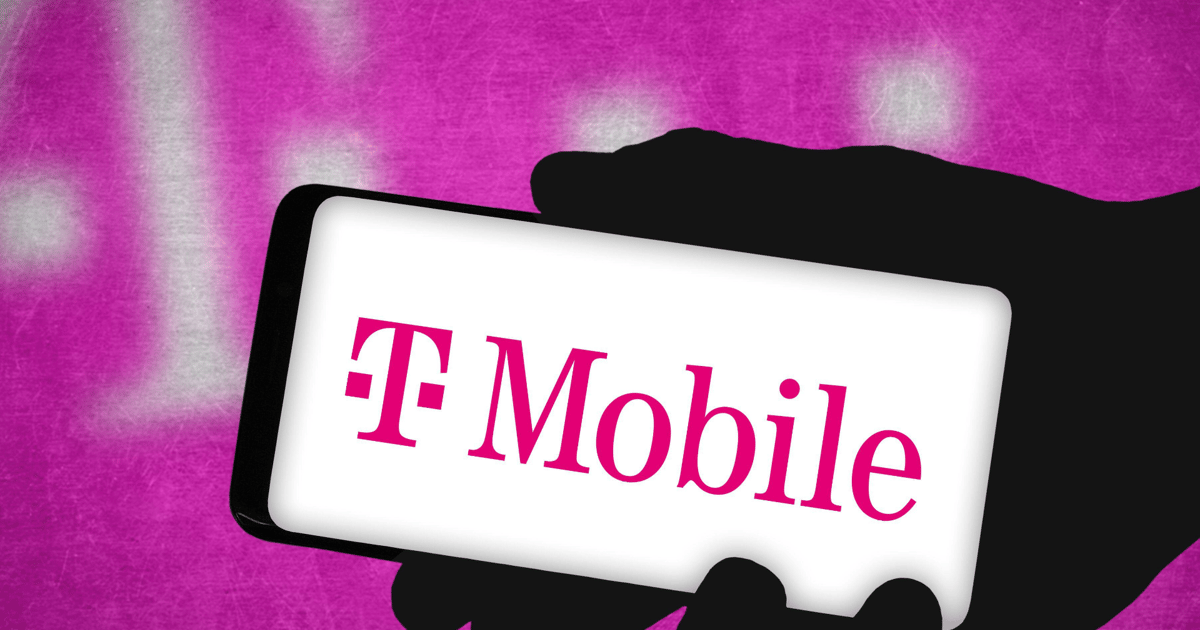T-Mobile, a major player in the telecommunications industry, has recently confirmed that it has fallen victim to a cyberattack orchestrated by a sophisticated Chinese hacking group known as Salt Typhoon. This operation, aimed at stealing sensitive information, has targeted numerous US and international telecommunications companies, sending shockwaves through the industry.
The company, headquartered in Bellevue, Washington, is currently investigating the cyberattack, which it believes is in line with the activities of Chinese state-sponsored cyber actors. Despite this, T-Mobile asserts that it has not found any evidence of data access or extraction of customer or sensitive information, nor has it detected any significant impacts on its systems or data. With over 127.5 million US subscribers, T-Mobile faces a significant challenge in safeguarding its customers’ data.
However, reports from federal agencies paint a different picture, suggesting that the threat actor, Salt Typhoon, has accessed call records of specific customers, private communications of targeted individuals, and information related to law enforcement surveillance requests. This breach has raised concerns about the potential gathering of intelligence on high-ranking US national security and policy officials, amplifying the severity of the cyberattack.
Industry experts have expressed deep concern over the breach, highlighting the unnerving nature of such sophisticated cyber intrusions. Jim Routh, a seasoned security professional, emphasized the discomfort of knowing that the Chinese government may have access to intimate information gathered from cellphones, underscoring the critical need for enhanced cybersecurity measures.
As the full extent of the attack remains unclear, experts like Paul Bischoff suggest that the impact may vary depending on the type of data compromised. While metadata like call times and participants may raise concerns, the theft of texts and audio messages by state-sponsored threat actors carries graver implications.
The national security implications of such breaches are profound, with Tom Kellermann, a cybersecurity expert, warning of potential infiltrations into government agencies and critical infrastructures. The systematic nature of the attack suggests a concerted effort by the Chinese hackers to exploit personal data for strategic gains.
Looking ahead, experts anticipate further attacks by Salt Typhoon, leveraging stolen information to launch malicious activities. The vulnerability of telecommunications providers and critical infrastructure to organized cybercriminal groups raises alarms, prompting the industry to bolster cybersecurity defenses against future threats.
T-Mobile’s history of data breaches compounds the urgency for improved security measures in the face of escalating cyber threats. The recent settlement of $31.5 million over multiple data breaches underscores the importance of proactive cybersecurity measures to prevent future vulnerabilities.
In conclusion, the cyberattack on T-Mobile serves as a stark reminder of the evolving threat landscape faced by telecommunications providers. As state-sponsored actors intensify their cyberwarfare efforts, industry stakeholders must prioritize cybersecurity to mitigate risks and protect sensitive data from malicious actors.
